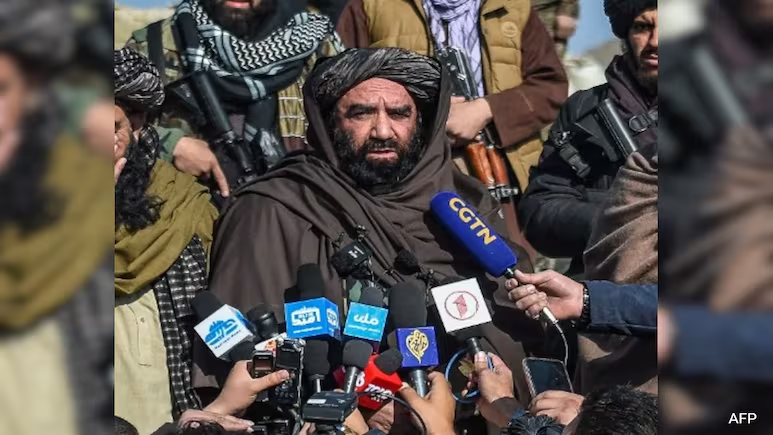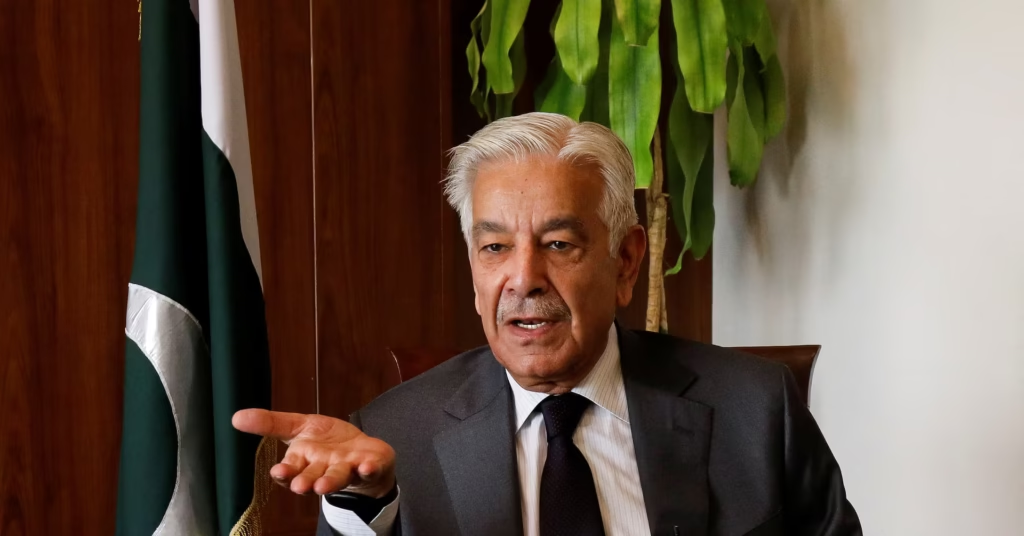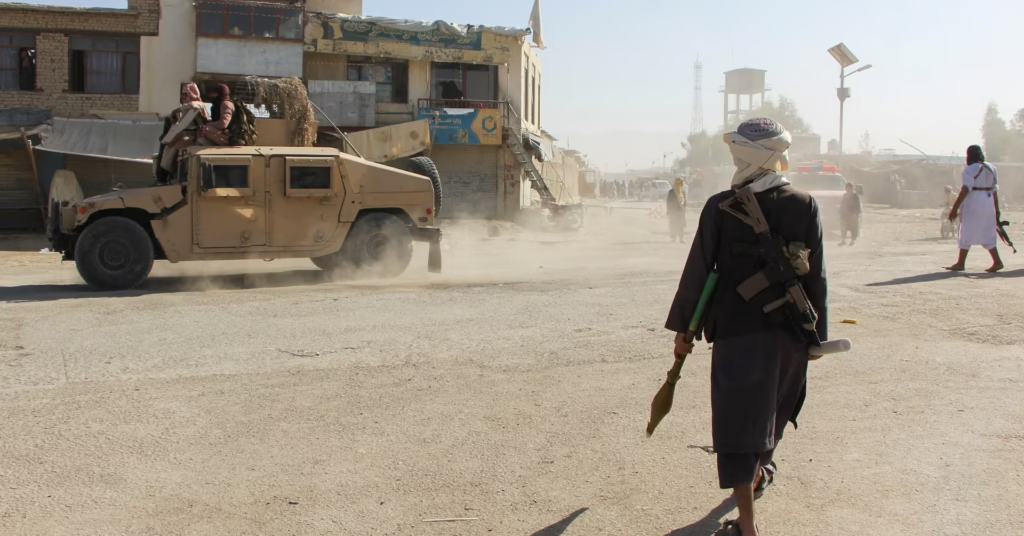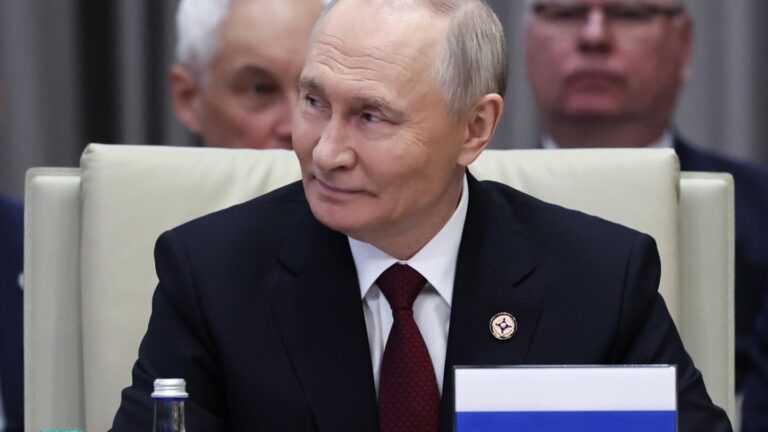
The latest round of peace negotiations between Pakistan and the Taliban-led government of Afghanistan collapsed during talks in Istanbul on November 6-7, 2025, prompting Kabul to issue stark warnings and raising fears of renewed border conflict. The discussions, mediated by Turkey and Qatar, ended without agreement largely because Pakistan insisted Afghanistan commit in writing to curb the Tehrik‑e‑Taliban Pakistan (TTP) and other militant groups, while Afghanistan rejected the demand as beyond its capacity.
Why the Talks Failed and What the Taliban Says
Afghanistan’s spokesman confirmed the delegation attended the negotiations “in good faith”, yet accused Pakistan of behaving “irresponsibly and non-cooperatively,” saying Islamabad attempted to shift all security responsibilities onto Kabul. The Pakistani side, represented by Defence Minister Khawaja Muhammad Asif, declared the talks at a “deadlock” and stated there were no immediate plans for a fourth round of dialogue.
In its statement, the Afghan authorities declared they would not allow any country to use Afghan soil to launch attacks against others, reaffirming the country’s sovereignty and warning that they were ready to “firmly defend against any aggression.” Meanwhile, Pakistani officials warned that future violations from Afghan territory would end the current cease-fire and potentially lead to war.

Implications for the Region and Border Security
Although a cease-fire brokered on October 19 remains in place, sporadic clashes continue along the 2,600-kilometre Pakistan-Afghanistan border, raising concern that the breakdown in talks could trigger escalation. Analysts say the failure to secure a formal agreement undermines efforts to stabilise the region and manage militants operating across the border.

The collapse also signals a shift in the once-cordial relations between Islamabad and Kabul, as mutual mistrust deepens. Pakistan claims Afghan territory has been allowing the TTP to plan attacks on Pakistani soil, while the Taliban argues it has limited ability to control all armed factions and opposes Pakistan’s demands to fully assume its internal security burdens.
READ ALSO: UPS MD-11 Crash Triggers Fleet Grounding After Louisville Disaster
In short, the deadlocked Istanbul talks leave the region at a tipping point: the cease-fire holds for now, but the lack of progress increases the risk of further confrontation unless both parties find a viable path forward.




